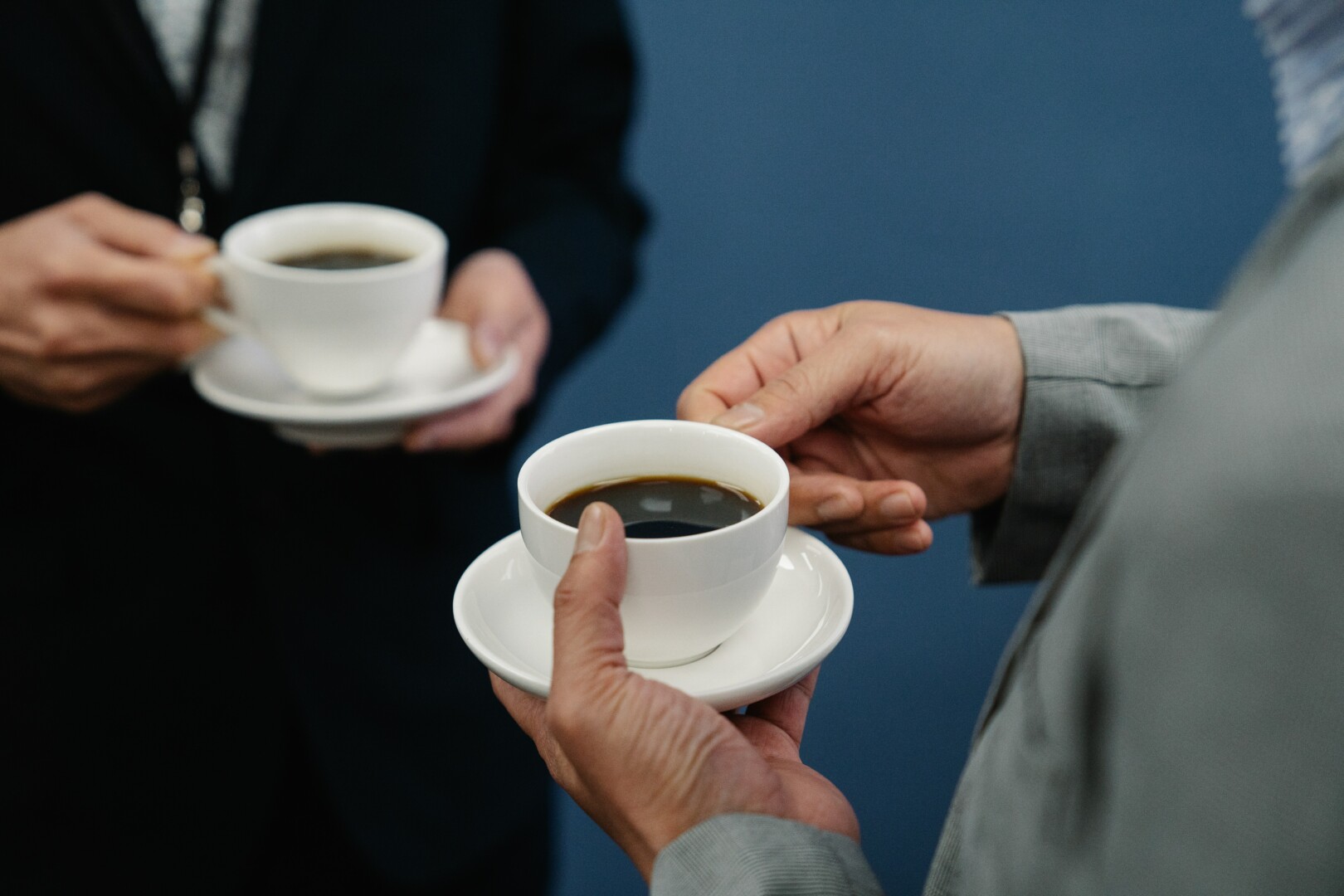Drinking coffee helps your body stay awake and maintain your focus during work but excessive coffee consumption can “help” you visit the doctor more often.
Having trouble staying awake to complete your company’s tasks, school assignments and other duties? blow your sleepiness away with a cup of coffee. But there’s a saying: “The difference between cure and poison is the dosage”. If you suddenly miss your doctor, try excessive coffee consumption, you will see him regularly in no time.

Excessive stress
Caffeine acts as a disruptor to the body’s signals of fatigue and rest. Therefore, it has the effect of stimulating the brain effectively, increasing the level of awareness quickly. In addition, caffeine also contributes to high adrenaline in the blood, helping you feel energetic almost immediately. Using coffee to stay awake at work is a very popular habit for many years. However, when caffeine is consumed in huge quantity, the emotional aspect is also partially affected, leading to unusual anxiety, restlessness and tension. This is also a common reaction associated with coffee intoxication. Depending on how much caffeine exceeds the body’s usual threshold, you will also show other symptoms such as dizziness, nausea, shortness of breath …
Insomnia
Using coffee close to bedtime will cause the residual caffeine to not be processed in time. Since then, the body will continuously inhibit the feeling of sleepiness. The tossing time will be complicated, depending on the person, unpredictable. For those who are naturally good at dealing with caffeine, it’s perfectly fine to have a good night’s sleep – unless you drink too much of it to dangerous levels. In addition, the results depend on the type of coffee and the type of bean being prepared. Pay special attention to the time of drinking in the evening before bed, because caffeine can take an average of 6 hours (up to 9 hours) to completely break down. Coffee should only be used to maintain alertness during the day, absolutely avoid the period from late afternoon onwards. Planning to go to bed at 9pm? Make sure you don’t have any caffeine after 3pm.
Affect digestive and excretory system
Surely there will be times when you find your stomach becomes “weak” after drinking coffee. The reason is because coffee has the effect of stimulating the contraction of the stomach, making the digestion and excretion process take place faster. Some people who are sensitive to coffee even experience mild diarrhea… In addition, drinking coffee also causes you to produce more gastrin than usual, creating the same bowel wash effect as above. Gastrin is a hormone produced in the stomach that speeds up the reaction in the colon. Even decaf coffee with extremely small amounts of caffeine has almost the same effect. So don’t think you can get away with using decaf coffee. The stomach-stimulating effect of coffee will be beneficial when you know when to stop and the right dose. On the other hand, they will cause awkward situations because the “stomach protest” is out of control.
Damage muscle
This is side effect of coffee is considered as a rare occurence, but can still happen from time to time. According to Wikipedia, rhabdomyolysis is “a clinical and biological syndrome in which skeletal muscle tissue is rapidly damaged and broken down.” Muscle breakdown products can get into the bloodstream, spread to other organs, and disrupt metabolism, leading to the risk of kidney failure and other complications. Surprisingly, if you regularly consume extremely large amounts of coffee, it can also become a trigger for rhabdomyolysis, even if only with a very small probability. Even if you are used to drinking coffee, reduce your dose steadily to less than 250mg of caffeine/day to avoid the risk of rhabdomyolysis visiting and tormenting.
Cause fatigue
Coffee, tea, energy drinks or any other caffeine-containing beverage will bring a feeling of vitality after drinking. However, when that stimulant effect has passed, your body will feel the opposite, lose interest in work, leading to both physical and mental fatigue. If you have a habit of drinking coffee on a daily basis, you will notice this effect occurring more clearly and more often. The only way to get rid of that feeling is… to continue drinking coffee – but of course it will cause many other negative effects such as insomnia, psychological dependence and addiction.
Damage skin and bone health
If beauty and skin are always your top priority, perhaps the habit of drinking coffee also needs to be taken more seriously. According to a study on the effects of caffeine in 2015, the efficiency of collagen synthesis – an important protein structure of skin cells – is reduced when drinking high doses of coffee regularly. Another investigation into the effects of caffeine on bones conducted in 2012 also found that: The rate of new bone tissue formation can be interfered with, resulting in decreased bone quality and a higher risk of osteoporosis/fractures.

